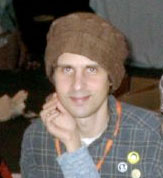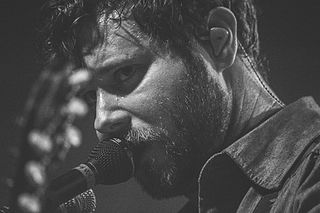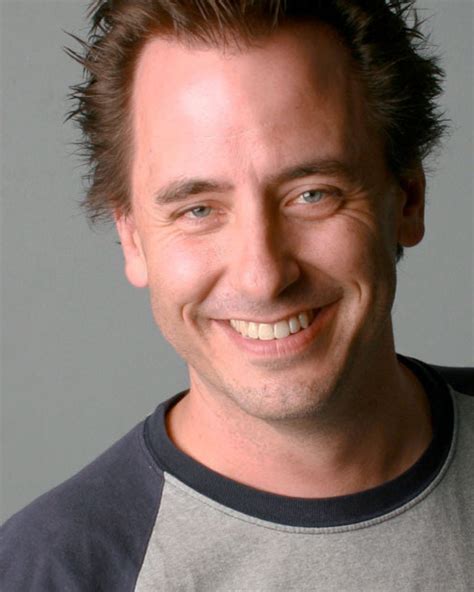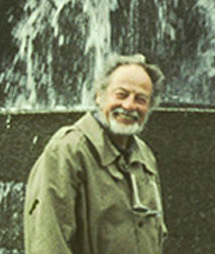A Quote by Tom Clancy
I think about the characters I've created, and then I sit down and start typing and see what they will do. There's a lot of subconscious thought that goes on. It amazes me to find out, a few chapters later, why I put someone in a certain place when I did.
Related Quotes
Suggestions? Put it aside for a few days, or longer, do other things, try not to think about it. Then sit down and read it (printouts are best I find, but that's just me) as if you've never seen it before. Start at the beginning. Scribble on the manuscript as you go if you see anything you want to change. And often, when you get to the end you'll be both enthusiastic about it and know what the next few words are. And you do it all one word at a time.
I think at some level, it's just alchemy that we, as writers, can't explain when we write the characters. I don't set out to create the characters - they're not, to me, collections of quirks that I can put together. I discover the characters, instead. I usually go through a standard set of interview questions with the character in the beginning and ask the vital stuff: What's important to you? What do you love? Hate? Fear? .. and then I know where to start. But the characters just grow on their own, at a certain point. And start surprising me.
When it became easy enough to do dairy online, then I just thought, "Oh, I'll start doing this. I'll put the parts online that aren't going to get me in trouble. I'll save the rest for myself." It became also this kind of self-therapy. I could write about stuff that was bothering me, or personal stuff. And the very personal stuff I could edit out. But it was kind of the catharsis of getting it out and writing about it, that made me think, "Okay, I see why people do this, why they keep these diaries." So I thought, "Well, let's see what happens when I post some of it."
I'm amazed that I can sit down, put a guitar in my hands and start playing kind of free style, and it will be four hours later and it will feel like it's been five minutes. I think that adds depth to your being, when something in your life can do that for you. Everybody should try to find something in their life that can do that for them. People find really elaborate self-destructive ways of killing time on this planet. That's why they take drugs or drink, trying to alter their state of being. If you can find something that doesn't destroy you, but deepens your character, you're really lucky.
My parents knew that I did King-Cat, but honestly my mom didn't want to see a lot of it. She would tell me, "I don't want to know any of what's really going on." Nowadays, when I put out a new issue, my mom will say, "Is there anything in there that will make me upset?" So I have to sit down and screen it.
I try to outline. I'm a lazy outliner. I will put the points down of each chapter or series of chapters, but it always changes. For me it's a place of evolution. I don't really know who the characters are. I don't really know what the story is. I outline and that really just gets me moving. It's like I'm drawing up fake maps, but they turn out to be correct.
In the final exam in the Chaucer course we were asked why he used certain verbal devices, certain adjectives, why he had certain characters behave in certain ways. And I wrote, 'I don't think Chaucer had any idea why he did any of these things. That isn't the way people write.' I believe this as strongly now as I did then. Most of what is best in writing isn't done deliberately.
I'll force myself to sit down and read a couple of chapters of a great book or I'll force myself to sit and listen to some amazing music or I'll go see a play. I find that watching or experiencing other forms of art gets my brain in action. It makes me feel connected to the creative energies and then that tends to get things going.
We have many dreams and many different chapters in life and I think life is about chapters. For me, from the time I was pretty young, I always thought that if I was lucky enough to achieve my dreams and if I had financial security, at a certain point in my life I wanted to give back. I wanted, just corny as it sounds, to try and make the world a better place.






































